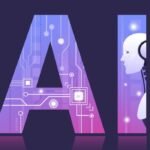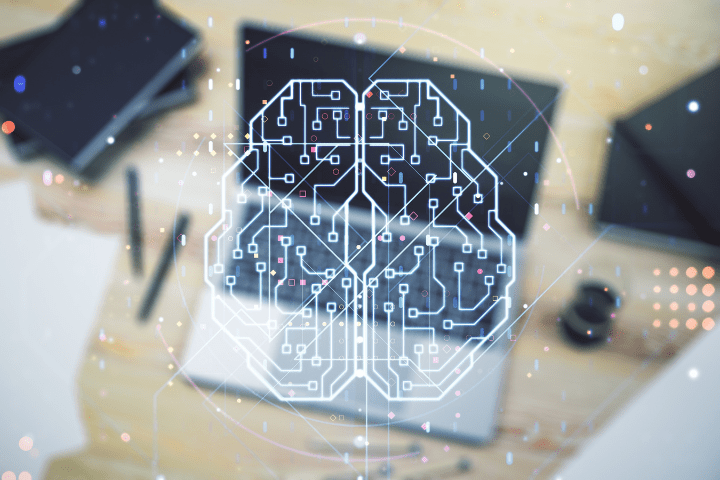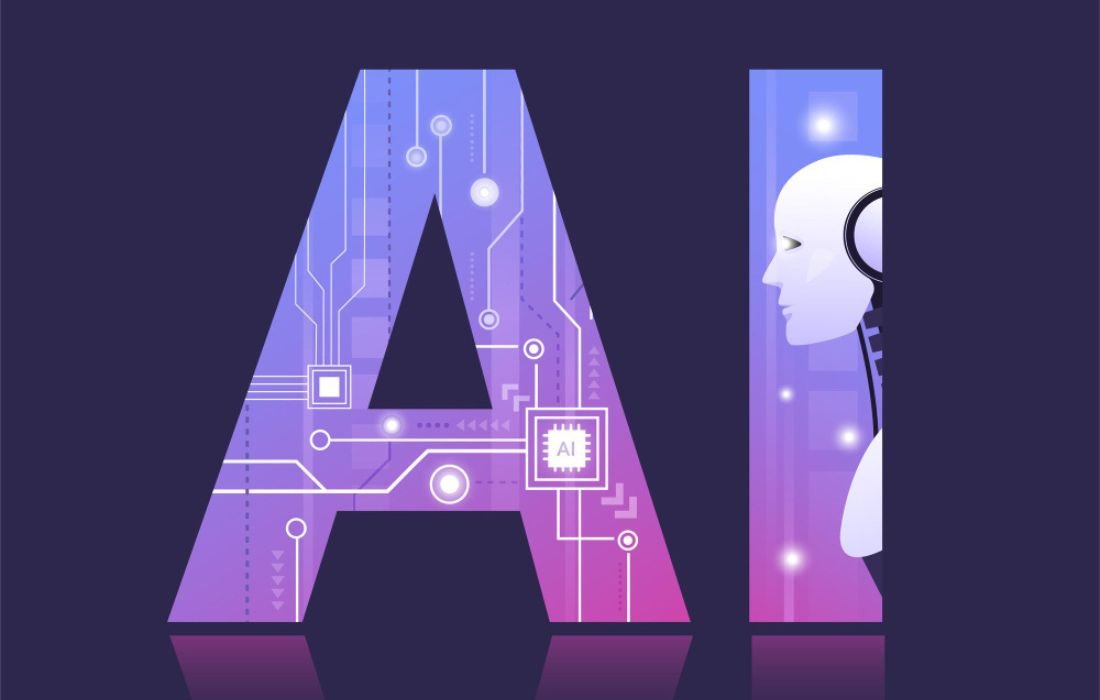For many years, artificial intelligence (AI) and machine learning (ML) have led the front stage in technology developments, revolutionizing sectors and changing our daily lives, employment, and interaction. Looking ahead to the next five years, the terrain of artificial intelligence and machine learning is set for even more transforming changes. The main trends, innovations, and possible effects of artificial intelligence and machine learning on many sectors and society at large will be discussed in this paper.
1. Enhanced Natural Language Processing (NLP)
Expected to make major progress is Natural Language Processing, a subset of artificial intelligence dedicated to the interactions between computers and humans using natural language. AI systems with enhanced language understanding, context awareness, and conversational skills will probably abound in the next five years. More advanced virtual assistants, more accurate translating services, and improved sentiment analysis tools made possible by these developments will Moreover, the development of NLP will enable more simple human-computer interactions, hence improving the accessibility and usability of technology.
2. Expansion of AI in Healthcare
By bettering diagnostics, customizing treatment plans, and boosting patient care, artificial intelligence, and machine learning are poised to transform healthcare. Through sophisticated imaging technologies and predictive analytics, AI helps us to expect more accurate and early disease detection. Better results will result from AI-driven personalized medicine customizing therapies to individual patients depending on their genetic makeup, lifestyle, and other circumstances. Moreover, robotic operations driven by artificial intelligence and virtual health aides will proliferate, so improving the efficiency and efficacy of healthcare delivery.
3. Autonomous Systems and Robotics
Another area where artificial intelligence and machine learning will be quite important is the evolution of autonomous systems and robotics. Industrial robots, drones, and driverless cars should make major developments within the next five years. Autonomous cars could revolutionize logistics and transportation as they grow more dependable and common. Drones will be vital in fields including agriculture, delivery services, and emergency response. AI-enhanced industrial robots will become more flexible and able to complete difficult jobs, hence increasing production and lowering running costs.
4. AI in Cybersecurity
AI and ML will be crucial in improving cybersecurity defenses as cyberattacks grow more complex. AI-driven systems will be able to identify and react to hazards in real-time, therefore offering proactive cyber protection. By analyzing enormous volumes of data, machine learning techniques will find trends and anomalies that suggest possible security breaches. This will help companies keep ahead of cybercrime and more successfully safeguard private data. Furthermore, artificial intelligence will help create sophisticated encryption methods and safe communication systems.
5. Ethical and Responsible AI
Growing attention to ethical issues and responsible use will be directed at artificial intelligence and machine learning technologies as they spread over society. Frameworks and rules to guarantee that artificial intelligence systems are fair, open, and responsible will likely emerge throughout the next five years. Crucially addressing problems, including data privacy, ethical consequences of autonomous decision-making, and bias in AI algorithms, will be challenging. Establishing criteria and rules that support the appropriate development and application of artificial intelligence will depend on cooperation among governments, business leaders, and researchers.
6. AI in Education
Furthermore, developments in artificial intelligence and machine learning will greatly benefit the education sector. Personalized learning experiences will proliferate as artificial intelligence systems examine student strengths and weaknesses to customize instructional materials. Intelligent tutoring systems will improve the learning process by means of real-time feedback and help. AI will also help teachers with administrative chores, including lesson preparation and grading so, freeing them to concentrate more on mentoring and instruction of their students. AI integration into education will enable more effective, interesting, and easily available learning.
7. AI in Business and Finance
Artificial intelligence and machine learning will keep pushing efficiency and creativity in the financial and corporate domains. Machine learning algorithms and predictive analytics will help businesses maximize operations, make data-driven decisions, and enhance consumer experiences by means of their use. AI-powered virtual assistants and chatbots will improve consumer service by offering quick and precise answers to questions. In finance, artificial intelligence will be absolutely vital for investment strategies, risk analysis, and fraud detection. Robo-advisors and automated trading systems will get increasingly advanced and provide individualized financial guidance and portfolio management.
8. AI for Environmental Sustainability
Promoting sustainability and handling environmental issues will depend mostly on artificial intelligence and machine learning. These technologies will support climate modeling and prediction, therefore enabling scientists to better grasp and lessen the effects of climate change. In many different sectors, AI-powered systems will maximize resource management, lower waste, and optimally consume energy. Furthermore, improving the efficiency of renewable energy sources, including solar and wind power, will be an AI-driven solution. Increased cooperation between environmentalists and artificial intelligence experts over the next five years will help to create creative ideas for a sustainable future.
9. Quantum Computing and AI
The combination of artificial intelligence and quantum computing has great promise to solve challenging issues that present themselves now beyond the reach of conventional computers. Through speedier processing of vast amounts of data and more effective training of machine learning models, quantum computing will hasten artificial intelligence development. In fields including medicine development, materials research, and cryptography, this synergy will produce discoveries. Although functional quantum computers are still in their early years of research, the next five years will probably see major advancements that will let us realize the complete promise of quantum-enhanced artificial intelligence.
10. The Role of AI in Smart Cities
Smart cities, where technology is applied to improve urban life and residents’ quality of life, will rely heavily on artificial intelligence and machine learning. By means of real-time monitoring and predictive analytics, AI-powered solutions will maximize traffic management, save energy consumption, and enhance public safety. Smart infrastructure—that which includes energy-efficient buildings and sophisticated transportation systems—will proliferate. AI integration into urban design will result in more resilient and sustainable cities that can meet their people’s changing needs.
Conclusion
Artificial intelligence and machine learning have quite bright futures with the ability to revolutionize many facets of our lives and propel advancement in many different fields. Natural language processing, healthcare, autonomous systems, cybersecurity, education, business, environmental sustainability, and smart cities should all see major developments during the next five years. Still, it’s important to approach these advances, emphasizing ethical issues and proper use. We can open fresh opportunities and build a better, fairer future for all by using artificial intelligence and machine learning to solve related difficulties.
Also Read: Top Insurance Companies: USA Vs. Rest of The World











